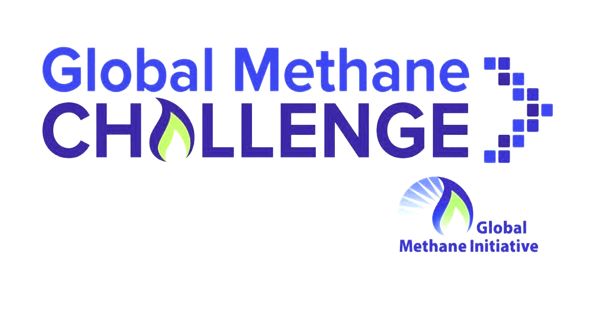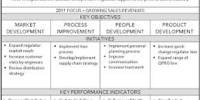The Global Methane Initiative (GMI) is an international public-private partnership focused on reducing barriers to the recovery and use of methane as a clean energy source. It is a voluntary, international partnership that brings together national governments, private sector entities, development banks, NGOs, and other interested stakeholders in a collaborative effort to reduce methane gas emissions and advance methane recovery and use as a clean energy source. Other benefits include increased energy security, enhancing economic growth, improving air quality, and improving industrial safety. GMI’s 45 Partner Countries and more than 700 Project Network members exchange information and technical resources to advance methane mitigation in three key sectors: Oil and Gas, Biogas, and Coal Mines. Learn more about the GMI. GMI provides project development support, with active engagement from the private sector.
GMI provides technical support to deploy methane-to-energy projects around the world. National governments are encouraged to join GMI as Partner Countries, while other non-State organizations may join GMI’s extensive Project Network. GMI targets five major methane sources: agriculture, coal mines, landfills, oil and natural gas systems, and wastewater. As a public-private initiative, GMI creates an international platform to build capacity, develop methane abatement strategies, engage in technology transfer, and remove political and economic barriers to project development for emissions reduction. The Initiative aims to reduce informational, institutional, and other market barriers to project development through the development of tools and resources, training and capacity building, technology demonstrations, and direct project support.
The initiative currently focuses on five sectors, which are known sources of anthropogenic methane emissions: agriculture, coal mining, municipal solid waste, municipal wastewater, and oil and gas systems. GMI partners are responsible for 75% of man-made methane emissions
GMI efforts provide a number of important environmental and economic co-benefits such as:
- Stimulating local economic growth,
- Creating new sources of affordable alternative energy,
- Improving local air and water quality, with associated public health benefits,
- Increasing industrial worker safety.
GMI is composed of an international network of national governments, industry, development banks, universities, and non-governmental organizations (NGOs), united in advancing methane emission reduction projects across the globe. Through international cooperation, GMI seeks to reduce global methane emissions, the second largest contributor to atmospheric concentrations of greenhouse gases, in order to enhance economic growth, promote energy security, improve the environment, and reduce greenhouse gases. Other expected benefits include improving mine safety, reducing waste, and improving local air quality. The U.S. government plays a leading role in the Initiative.
















